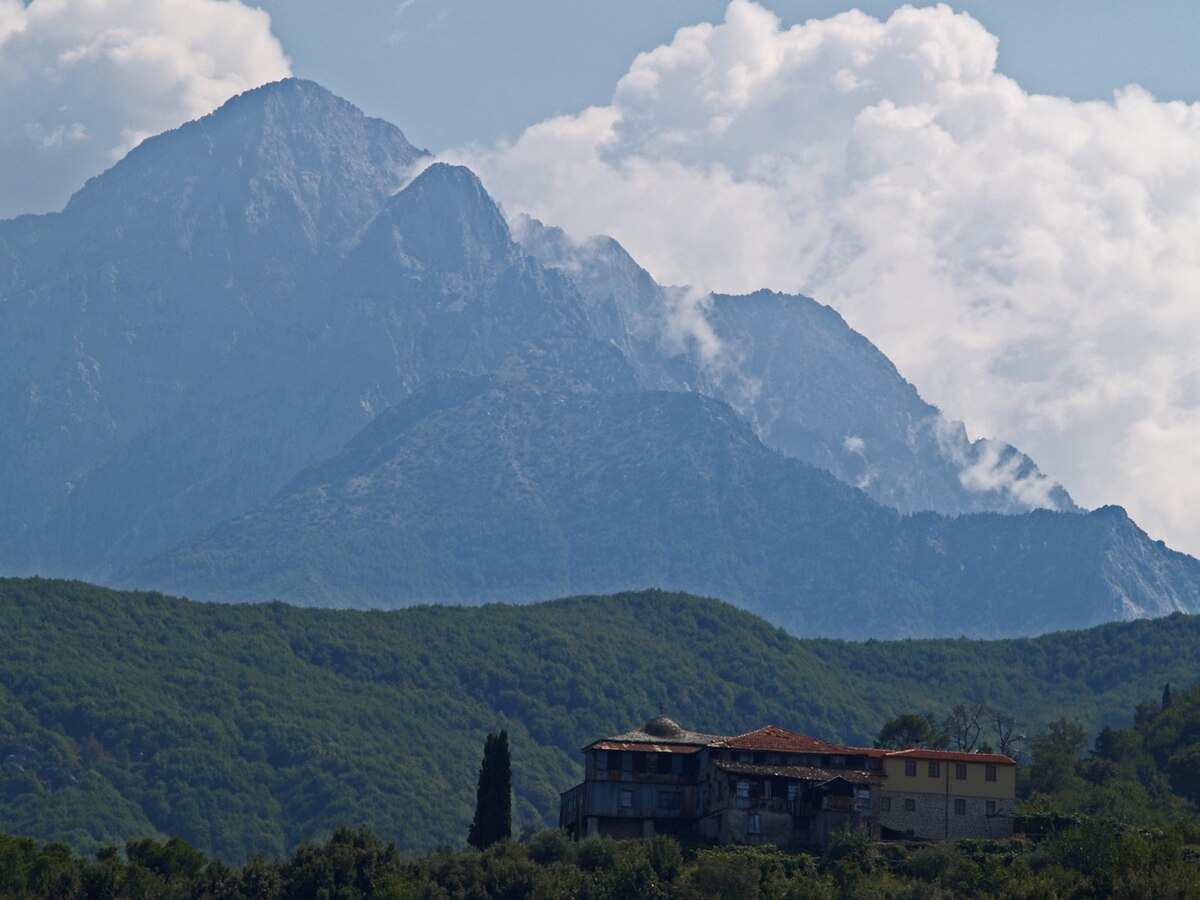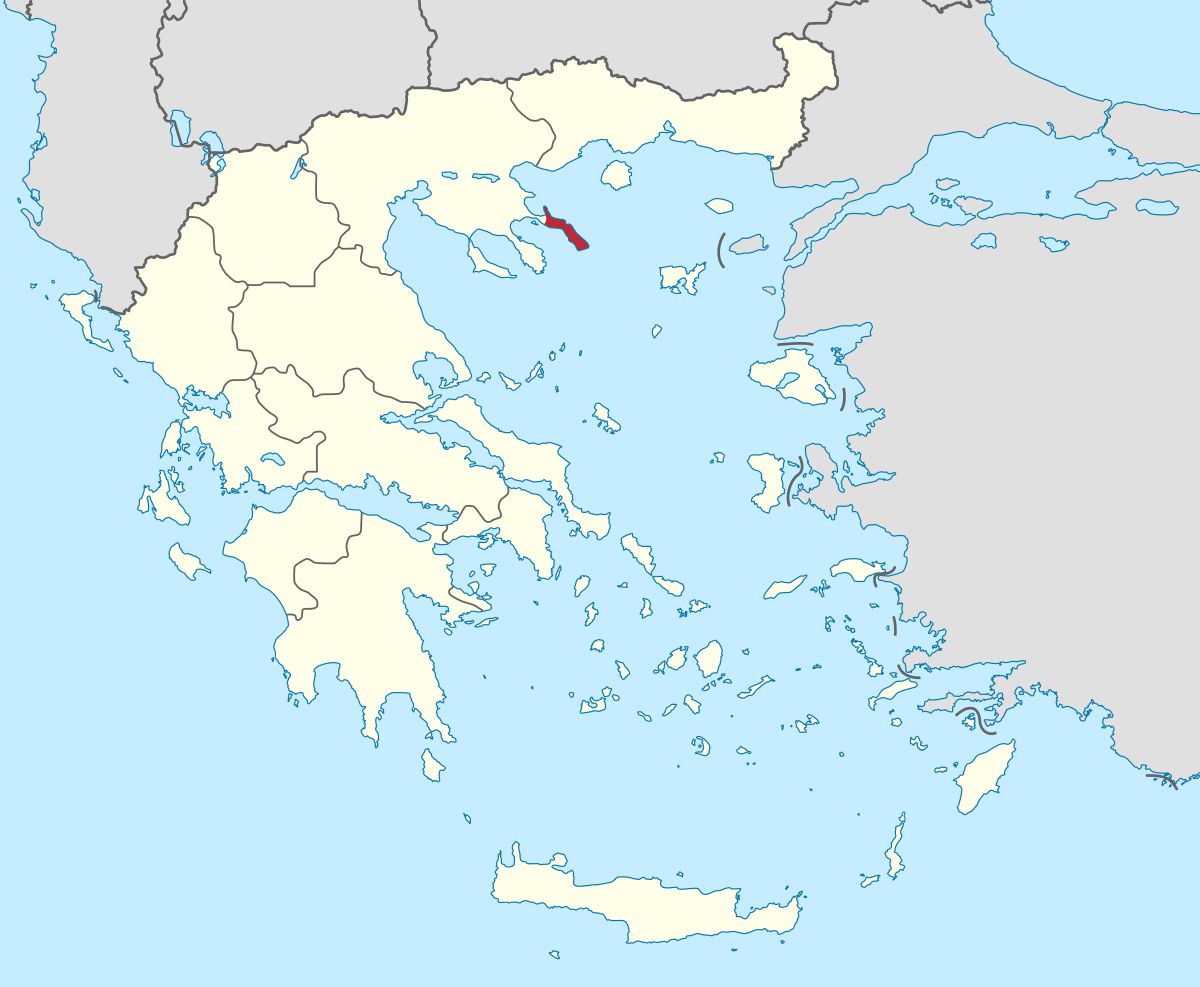Vučić has to lie to Putin, and everyone knows he exports weapons to Ukraine
The “diplomatic slap” to the regime of Serbian President Aleksandar Vučić came this time from the East. The “slap” was published by the press office of the Russian intelligence service, which announced that Serbian defense companies do not respect the “neutral” position regarding the aggression in Ukraine, but rather supply weapons to the attacked side, thus “shooting them in the back”. The Serbian president quickly denied these allegations, saying that “no permission was given and none of the missiles were delivered” to Ukraine. However, this move by the Russians raises a big question mark, and that is the doubt whether another chair has been drawn from this regime.
This claim by Vučić is correct, according to Nova's interlocutors, but because Serbia did not send anything directly to Ukraine, but through other countries, as the press office of Russian intelligence warned. The press office of the Foreign Intelligence Service of the Russian Federation warned that Serbian "neutrality" regarding the war in Ukraine is questionable, which announced that, according to information received by the Russian service, Serbian defense companies continue to deliver ammunition to Kiev.
In a statement on their website, they stated that a simple scheme with fake end-user certificates and intermediary countries is used as a cover for anti-Russian activities. Among these countries, NATO members are most often mentioned, primarily the Czech Republic, Poland and Bulgaria, as well as "exotic variants with the participation of African countries". In their statement, Russian intelligence noted that these are the companies 'Jugoimport SDPR', Zenitprom, Krushik, Sofag, Reyer DTI, Sloboda, Prvi Partizan and others.
However, Vučić's response came at lightning speed, in the manner we are used to. In his presentation, he said that he had discussed this separately with Russian President Vladimir Putin, "in the presence of several people from both delegations, and also privately." Information about the conversation with Putin "privately" is not available to the public, but Vučić revealed that the Russian side knew about the contract with the Czech Republic, but, as he says, "no permission was given and none of the missiles were delivered."
However, according to previous Radar research, the Czech Republic is only one of the potential exporters to Ukraine.
The only Serbian industry that has traveled the world
Namely, according to Radar's research, the Kruševac-based Real Info company, a subsidiary of the former socially-owned enterprise "14. Oktobar", is now owned by the multinational Czech holding Czechoslovak Group (CSG). Through Real Info, whose revenues have increased significantly since Russia's aggression against Ukraine, various weapons are produced that supply the Ukrainian army. Radar mentions in its research: the casing body for a 120-millimeter mine, as well as 122-millimeter forgings. It is stated that by the middle of last year, this company exported goods worth about 13.2 million euros, which is 16 percent more than in the whole of 2023, and as much as 90 percent of these goods are exported to Slovakia, which eventually reaches Ukraine.
However, this year's Radar research reveals that Krušik in Valjevo is still at the center of this trade. According to documentation from Serbian defense industry factories, artillery ammunition is predominantly produced and exported for the needs of Ukraine, namely 155, 122 and 105 millimeter caliber projectiles, rocket ammunition - unguided rockets for multiple launchers 122 (Grad) and 107 millimeters, mortar ammunition 60, 81 and 120 millimeters and rifle ammunition, especially calibers 9×19, 7.62×39 and 7.62×51 millimeters. In addition to finished products, our defense industry factories also export semi-finished products, especially shells for 155 and 152 millimeter artillery ammunition, shell bodies for 120 millimeter mines, forgings for 122 millimeter ammunition, and then gunpowder and gunpowder charges.
The knot was further unraveled in July last year when the British newspaper Financial Times asked Vučić whether Serbia had exported ammunition worth 800 million euros by then, which ended up in Ukraine. He confirmed, saying that Serbia had not exported it directly, but that it had concluded contracts with the Americans, the Spaniards, the Czechs... "and what they do next, he doesn't care and that that's their business."
And therein lies the whole essence of the arms supply to Ukraine, that it goes exclusively through various intermediaries, so as not to jeopardize Serbia's image on the diplomatic, but also domestic level. Radar's research has identified several ways in which weapons from Serbia arrive in Ukraine. The first is that trucks loaded with weapons in Serbia mainly go to Bulgaria, where there are intermediary companies, and then from there they continue their journey to Romania, and then by rail or again by trucks the ammunition is transferred to Ukraine. Another popular route is delivery from Serbia by trucks to Slovakia, from where it is further transported to Ukraine. Poland and the United Arab Emirates also participate in these deliveries to the dealer countries.
“Institutional jumping out”
This practice has been going on for two years, according to Milan Igrutinović from the Institute for European Studies, who adds that there is nothing inherently wrong with it, and that these remarks are aimed at Serbia's political address. That such a "deal" between Ukraine and Serbia is taking place is also indicated by a report by the European Parliament, which in one segment even praised Serbia for its efforts to help the attacked country. Igrutinović states that there is nothing illegal about it, at the level of international law, but that it is a politically extremely sensitive matter.
"The Russian military media has already been issuing harsh criticisms of Serbian foreign policy, quite harsh texts. I noticed them last summer, but this is the first time that the security service has declared it on its side. Whether this is an act of the Russian military complex, which is focused on the war and not on overall diplomacy towards Serbia, remains unknown. However, Russia's relationship towards Serbia is focused on one thing here, and that is arms exports, and they are simply not interested in other aspects. Is there an energy connection, what is the calculation of the Minister of Foreign Affairs in relations with Russia, what is the calculation of the Kremlin in relations, both personal and political - this is a kind of institutional jumping out," says Igrutinović.
However, former president of the Military Union Novica Antic explains that relations between Serbia and NATO are very good, just "swept" under the carpet for the sake of image in the domestic public.
He says that Serbia is a signatory to international agreements with NATO, IPAP and SOFA, and that we as a country are practically a member of the alliance, but we have not yet ratified it. Nova's interlocutor says that our army is "organized according to NATO standards", as well as "reformed according to NATO standards", and that our officers cannot advance unless they have a certain level of English language proficiency.
Antic explains that we are fully part of NATO, while on the other hand we are not part of the security structures headed by Russia and China.
Nova's interlocutor adds that it is interesting how the Russians are now "pompously" announcing this, even though the export of Serbian weapons to Ukraine has been something that has been known for a long time.
"Because this is news that has been in our and Russian media for who knows how many times. We had these situations with the removal of our missiles, bombs and mortar mines, back when Nebojša Stefanović was the Minister of Defense. You know that even the Russians accused us of targeting Belgorod with our missiles. Which is of course possible, why? Because our missiles, which are used by the Russian GRAD system, are armed by the Ukrainians, the Russians and us, and these missiles have twice the range of those made by the Russians. Russian missiles have a range of about 20 kilometers, and ours about 40. With these missiles, the Ukrainians could target Belgorod. The parts of these missiles that the Russians found and the photos that we could see on the Internet prove that these are our missiles," concludes Antic.

Vučić mora da laže Putina, a svi znaju da izvozi oružje Ukrajini
"Ćušku” je objavio pres biro ruske obaveštajne službe koji je saopštio da srpska odbrambena preduzeća ne poštuje “neutralnu” poziciju koju kaže da ima.nova-rs.translate.goog

Serbian defense industry attempts to ‘stab Russia in back’ by supporting Kiev — SVR
According to the service, the cover for anti-Russian actions is a "simple scheme using fake end-user certificates and intermediary countries"





















